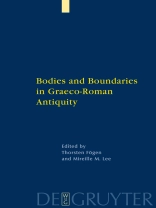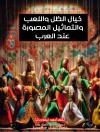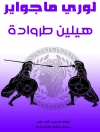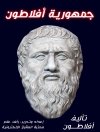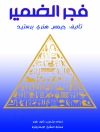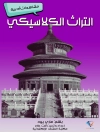In the Graeco-Roman world, the cosmic order was enacted, in part, through bodies. The evaluative divisions between, for example, women and men, humans and animals, “barbarians” and “civilized” people, slaves and free citizens, or mortals and immortals, could all be played out across the terrain of somatic difference, embedded as it was within wider social and cultural matrices.
This volume explores these thematics of bodies and boundaries: to examine the ways in which bodies, lived and imagined, were implicated in issues of cosmic order and social organisation in classical antiquity. It focuses on the body in performance (especially in a rhetorical context), the erotic body, the dressed body, pagan and Christian bodies as well as divine bodies and animal bodies.
The articles draw on a range of evidence and approaches, cover a broad chronological and geographical span, and explore the ways bodies can transgress and dissolve, as well shore up, or even create, boundaries and hierarchies. This volume shows that boundaries are constantly negotiated, shifted and refigured through the practices and potentialities of embodiment.
Giới thiệu về tác giả
Thorsten Fögen, Humboldt-Universität zu Berlin; Mireille M. Lee, Vanderbilt University, Nashville, Tennessee, USA.
